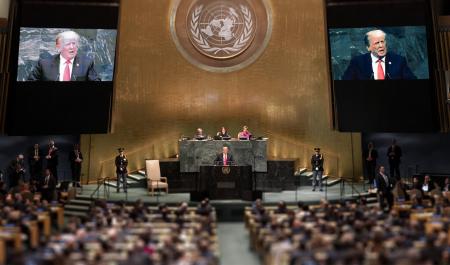Publications
Lowy Institute research publications are downloadable from the website free of charge.
If you wish to purchase hard copies of Lowy Institute Papers, please contact reception@lowyinstitute.org.
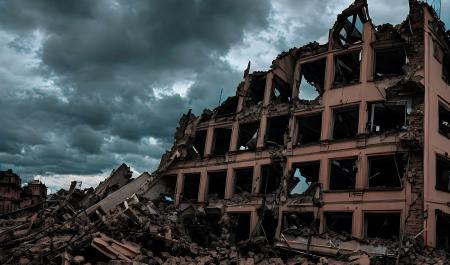
Lowy Institute Papers
Modern Warfare: Lessons from Ukraine
The foremost authority on modern war in the English-speaking world examines Europe’s most important conflict since the Second World War.
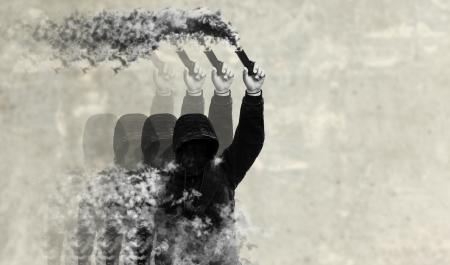
Lowy Institute Papers
Rise of the Extreme Right: The new global extremism and the threat to democracy
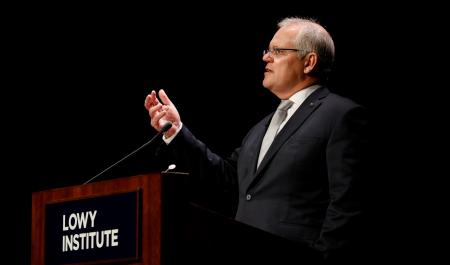
Lowy Institute Papers
Morrison's Mission: How a beginner reshaped Australian foreign policy
The story of Prime Minister Scott Morrison's foreign policy convictions and calculations.

Lowy Institute Papers
Reconstruction: Australia after COVID
A discussion of what is in store economically for Australians after COVID-19, by one of Australia's leading economic voices.
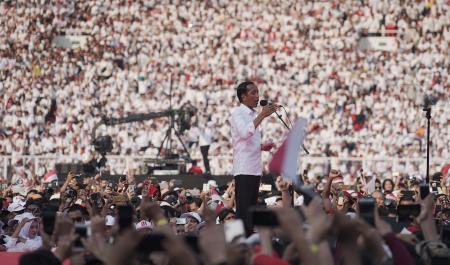
Lowy Institute Papers
Man of Contradictions: Joko Widodo and the Struggle to Remake Indonesia
The first English-language political biography of Joko Widodo, to be published on 1 September 2020 by Penguin Specials as a Lowy Institute Paper.
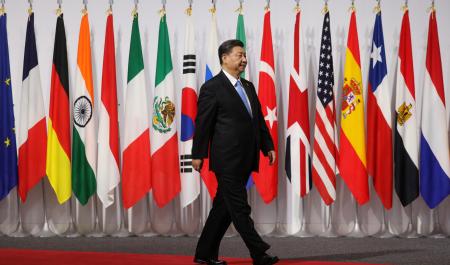
Lowy Institute Papers
Xi Jinping: The Backlash
By the author of the acclaimed The Party: The Secret World of China’s Communist Rulers
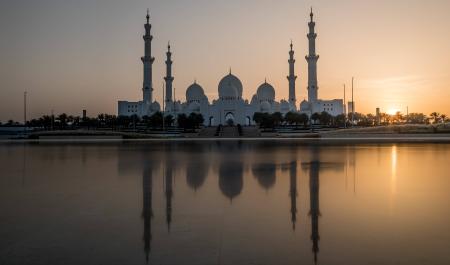
Lowy Institute Papers
Remaking the Middle East
How a troubled region may save itself.
Anthony Bubalo
Pagination

Subscribe to stay up to date
Be the first to receive the Lowy Institute’s latest research, podcasts and information on upcoming events.

